Tuesday, May 14, 2024
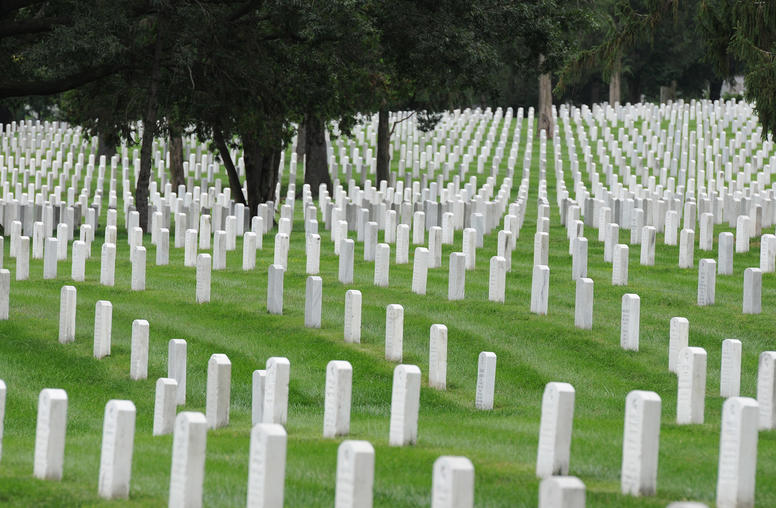
Honoring Sacrifice in War with Commitment to Peace
U.S. forces lost more than 100 soldiers killed over two years in Iraq’s “Triangle of Death,” south of Baghdad—until, with USIP, they helped usher in a 2007 peace accord among tribes in the region.
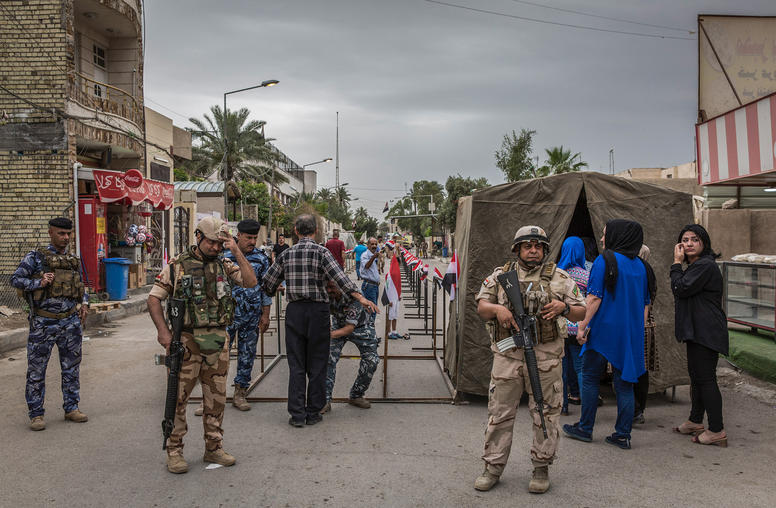
After ISIS, Stability in Iraq Requires Addressing its Fragility
It’s been more than a year since the territorial defeat of ISIS in Iraq, and the country has since made notable progress on several fronts, as I saw on a recent trip to Iraq. Concrete barriers known as t-walls are being removed from the streets, relations between Baghdad and Erbil have improved, and a more vibrant air permeates the streets of Baghdad. The peaceful election held last year was the fourth since 2005, marking an important milestone, with the formation of the new government almost complete.
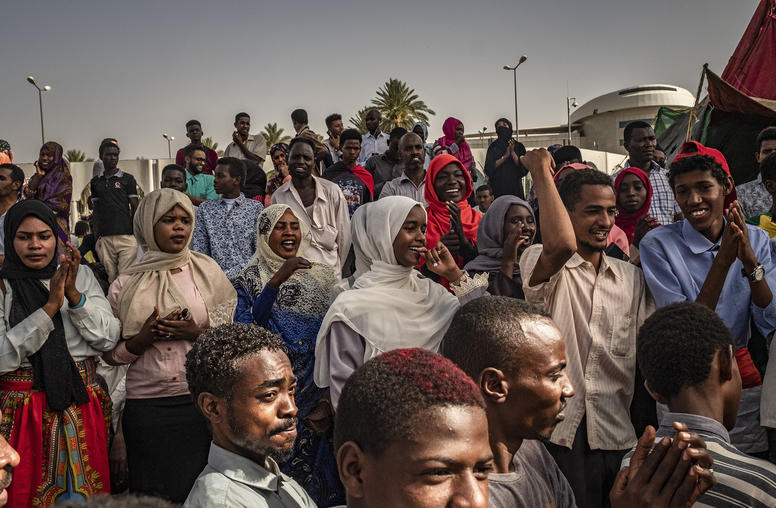
Not Just a Punchline: Humor and Nonviolent Action
In the span of a few weeks in April, two longtime North African dictators—Abdelaziz Bouteflika in Algeria and Omar al-Bashir in Sudan—were toppled by nonviolent movements. These successes further bolster what nonviolent theorists have long argued: nonviolent resistance is twice as effective as violence in achieving major political goals. Less understood and examined is the special, disarming role that humor can play in propelling nonviolent movements and defeating oppressive structures.
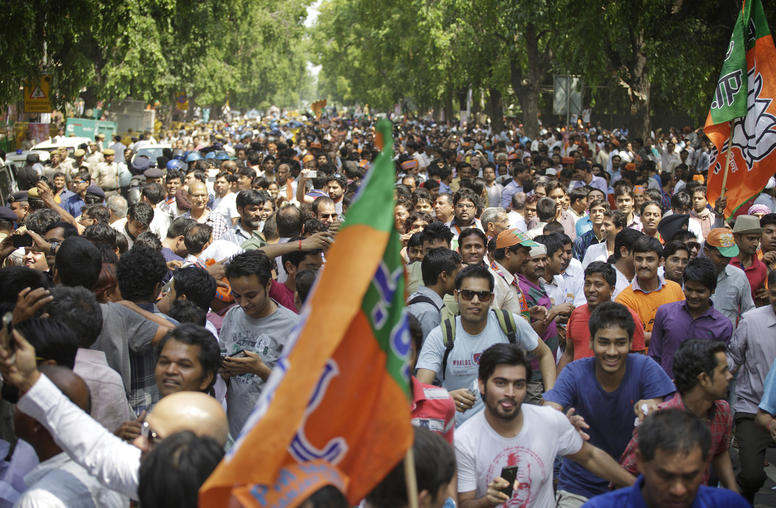
India: Keeping the Peace in the World’s Largest Election
From April 11 till May 19 voters are heading to the polls in India. Organizing an election with roughly one million polling stations and an electorate of 900 million people is no small effort. Providing security presents a herculean task in the face of religious intolerance, rising tensions in Kashmir, and inter-party clashes in northeast India.
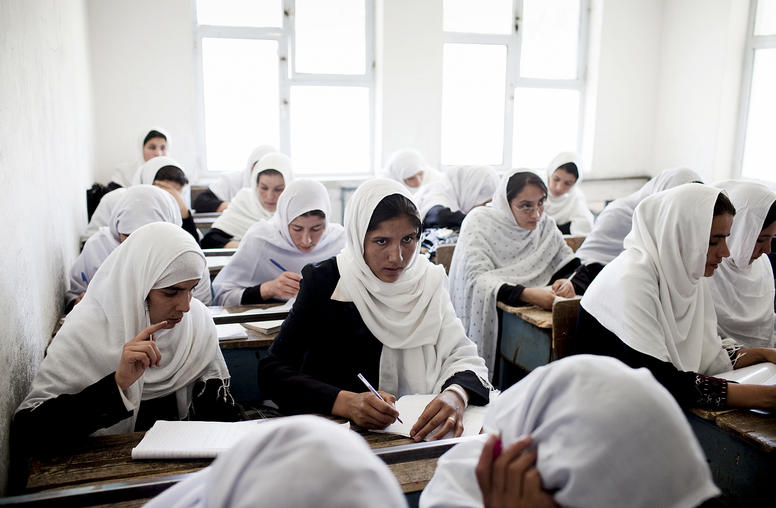
The Price of Peace in Afghanistan
While U.S.-Taliban talks have moved forward in recent months, intra-Afghan discussions—between the Taliban and the Afghan government—on the country’s political future have yet to even start. A conference scheduled to take place in Doha in mid-April could have initiated that dialogue but was postponed at the last minute over disagreements on who from the Afghan government list of delegates should attend and in what capacity. It was so last minute, in fact, that many planning on attending or observing—myself included—were already on flights to Qatar when the postponement was announced. Left out of negotiations to this point, what does Afghan civil society think about the peace process and the future of their country?
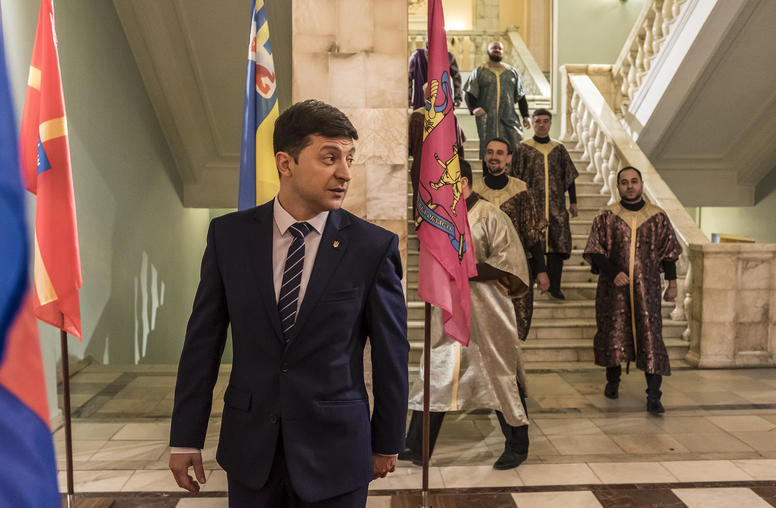
Ukraine just held a political earthquake. Here’s how to respond.
In electing a political newcomer as president, Ukrainians have conducted their third revolution in 27 years of independence from Russian rule. Millions filled public squares to demand democratic accountability in the 2004 Orange Revolution and the 2013-14 Euromaidan. But last Sunday, Ukrainians overhauled their government through the ballot box—a consolidation of their maturing democracy. They elected television actor Volodymyr Zelenskiy with 73 percent of the vote, a protest against persistent economic and political corruption and disappointment with lack of progress ending the war in the east of the country. Like any sharp political turn, it raises uncertainties—but the international community should reinforce Ukrainian voters’ demand for truly effective anti-corruption reforms, and for continued –even expanded – pressure to counter Russia’s assaults on Ukraine’s independence.

Connecting Local to Global in Tennessee
It’s been a busy spring for our national outreach, with USIP experts traveling to South Dakota, Alabama, Iowa and beyond. But, a recent trip to Tennessee was a real standout.
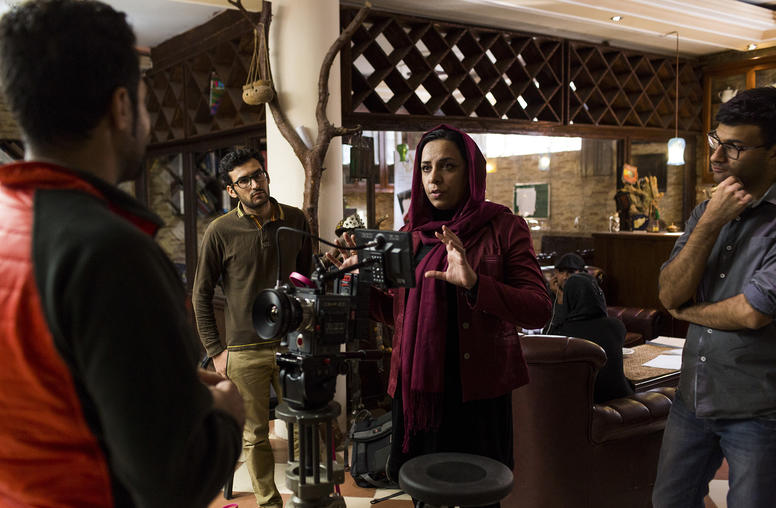
Afghan women have made real progress—just ask Roya Sadat.
A generation of women have grown up in Afghanistan since the Taliban regime was overthrown in 2001. Whether it’s in education, healthcare, culture or government, women have seen steady progress throughout Afghan society in the last 18 years. And those who have lived through the Taliban’s misogynistic rule, like Roya Sadat—the first Afghan woman film director and producer in the post-Taliban era—fear that all this progress could be discarded in a peace deal with the Taliban.
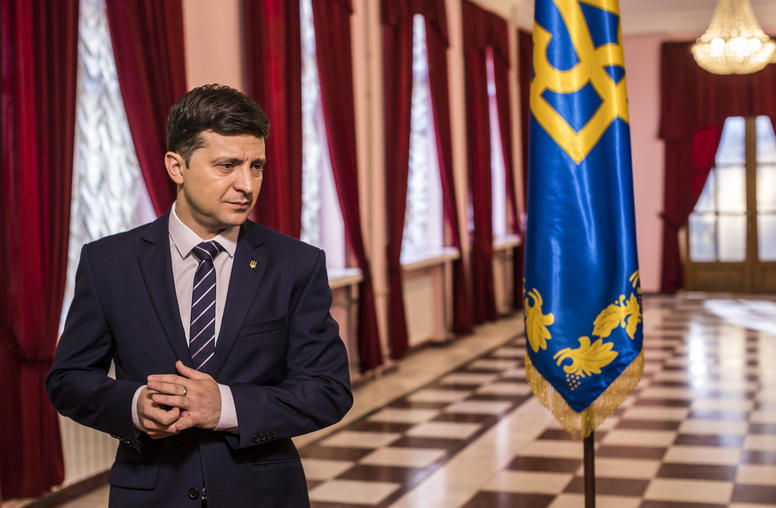
Ukraine’s Presidential Vote: Free but Not Yet Fair
Following Ukraine’s first round of presidential voting on Sunday, the country faces a tough, maybe nasty, two-week campaign for the runoff. This second election since the 2014 pro-democracy movement that Ukrainians call their “Revolution of Dignity” reflects significant consolidation of Ukraine’s democracy in the intervening five years. That is no small achievement, given Russia’s continuing interference—especially the war in Ukraine’s Donbas region, which has killed more than 13,000 people in those five years.
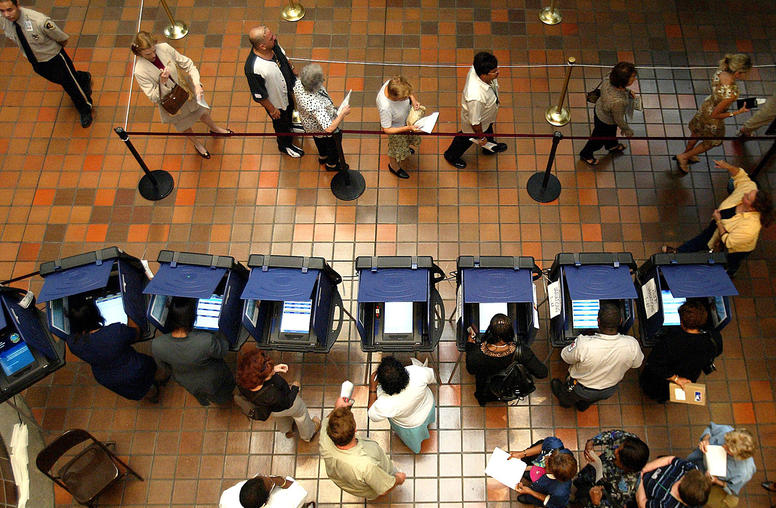
Protecting Elections from Cyberattacks
With elections increasingly dependent on modern technology, cybersecurity has become a vital shield against election violence and manipulation. Cyberattacks present a growing threat to both nascent and mature democracies, as they can shape the election process, erode citizen trust and trigger other forms of election violence. The 2019 elections in Indonesia and Ukraine illustrate the threat cyberattacks pose, even in relatively consolidated and stable democracies.
